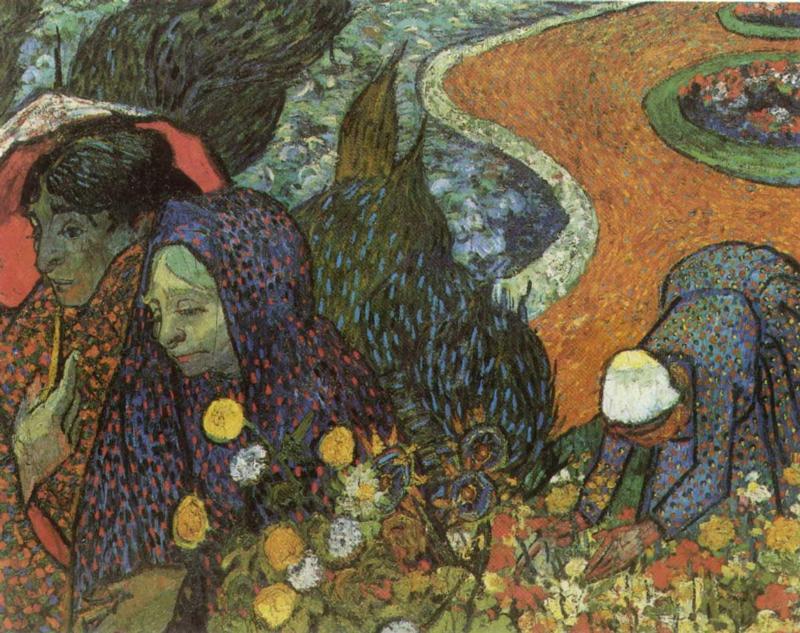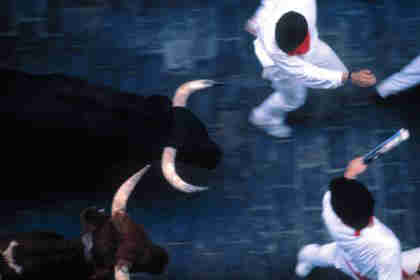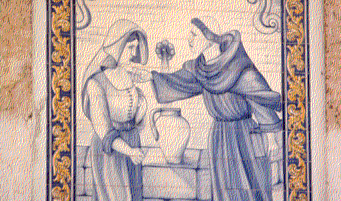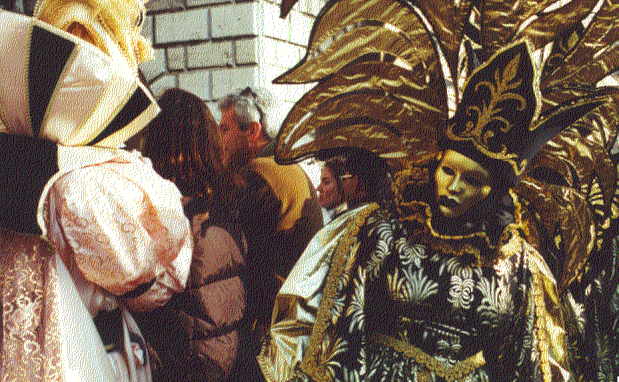Study
for an | | 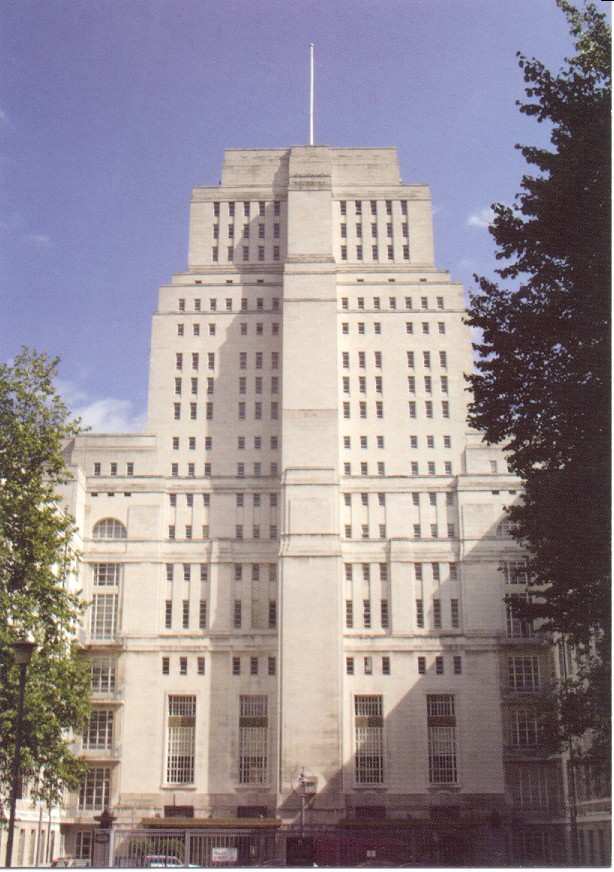 Contact: Graduate Student Admissions Malet St Tel: +44 20 7862 8677, Fax: +44 20 7862 8672 Email:
irs@sas.ac.uk or Dr Gill Rye, at
gill.rye@sas.ac.uk | ||||||||||||||||||
The MA in Cultural Memory is based in the Institute of Germanic and Romance Studies.
The IGRS was established in 2004 following the merger of the Institute of Germanic Studies (founded 1950) with the Institute of Romance Studies (founded 1989), and is a member of the School of Advanced Study. Its aim is the promotion and facilitation of the study of the cultures of German-speaking and Romance-language countries across a range of disciplines in the humanities.
This interdisciplinary programme explores the many different ways in which culture is based on the construction, manipulation and transmission of memories, and the role played by memory in collective and individual identity formation. Cultural Memory is a relatively new area of inquiry and has been especially productive in relation to the study of local, minority and ethnic communities, resulting in important new work in the areas of post-colonial studies (for example, in Latin America, in Francophone and Lusophone Africa, and in Jewish studies). It has also been central to examination of the recent resurgence of old, and rise of new, nationalisms, with important work on this subject being carried out throughout the various countries of Europe. The material studied ranges across film, literature, photography, art history, the performing arts, material culture, oral history, anthropology, psychoanalysis, sociology, etc. This theoretically informed MA will be of interest to those working, or planning to work, in the heritage industry and in the culture industries in general; to those concerned with community and minority rights, and with issues of multiculturalism; and to those interested in expanding their cultural knowledge through interdisciplinary, cross-cultural study. The programme equips students with written and oral communication and presentation skills, as well as developing their critical faculties at a high level. It thus provides a preparation for professional life as well as training for doctoral research. A high proportion of our MA students go on to doctoral research; others have proceeded to careers in teaching, journalism, counselling, community development, museum and gallery administration and project management. While the degree centres on the cultures of 19th- and 20th- century France, Spain, Italy and Portugal, and other parts of the world where a Romance language is spoken, other cultures (e.g. Germany, the USA) are also regularly covered. All courses are taught Structure The programme comprises three taught courses (see below): a core (theory) course and two specialist courses. The fourth assessed component is the Research Project (dissertation). MA students also attend a course in Research Skills and Methods. The aim of the Core Course is to introduce students to a range of current theoretical work in the area of Cultural Memory. The coursework will consist in critical discussion of the theoretical work to ensure that you acquire the ability to think theoretically at the highest level. The two specialist courses in Public Memories and Private Memories, which apply relevant cultural theories to specific cultural texts or practices, are designed to complement each other by showing the interdependence of the political and the personal. The Public Memories course encourages awareness of the constructed nature of concepts of nation and community, showing how certain memories are selected and imposed at the expense of others; and how subaltern groups can resist such impositions by drawing on their own corpus of shared memories. Memory will thus be seen as inseparable from questions of power. Consequently, the course will invite you to reflect on how individual lives are affected by this strategic manipulation of memories for communal purposes. The Private Memories course explores the processes of identity formation, and the ways in which memories are handed down across generations, or form the basis of personal self-exploration. There will be particular emphasis on the ways in which memory structures are inflected by categories of gender and ethnicity, and on the converse process whereby memories shape perceptions of gender and ethnicity or allow the creation of alternative identities. The course will show that private memories are essential to the creation and preservation of group identities, and often are a way of coming to terms with collective trauma. In their research projects, students will be encouraged to cross-disciplinary and national boundaries. If wished, subject to approval from the MA Convenor, the research project may take the form of a practical project including a substantial theoretical and critical component, or a group project including a substantial theoretical and critical component from each participating student. The research project may form the basis of future doctoral research. Pattern of study The MA in Cultural Memory can be taken either full-time or part-time. Full-time Part-time students Classes are held during the day but are scheduled so as to accommodate part-time students who are working. In Year 1, part-time students can choose to group courses either on one day or on two afternoons per week. Research training workshops, which students are expected to attend on 3 or 4 occasions a year, take place on Saturdays. In the second year, part-time students take a second specialist course and complete their Research Project. Location Through seminars, conferences, lectures to all of which the Institute's registered MA students have free access -- the Institute fosters and contributes to the development of national and international cross-disciplinary and cross-cultural research in German and Romance language cultures. The IGS Library is housed at 29 Russell Square, and there is a vigorous publications programme for the dissemination of research. The Institute welcomes research students in the fields covered by its staff, and research training, for students throughout the United Kingdom, is available in two forms: in an extensive and well-established programme of workshops; and the PORT website, an online research training resource. How to apply For a copy of the prospectus and application form, please email the MA Convenor, Dr Gill Rye, at gill.rye@sas.ac.uk, or write to: Graduate Student Admissions Then send your completed application form to Graduate Student Admissions at the above address; or apply electronically at www.prospects.ac.uk /applyto/romance.
in translation
by an unparalleled team of specialists from language and other departments, across the University of London and other United Kingdom universities. Those students who have Romance languages are encouraged to read and to cite from both primary and secondary material in the original in their assessments. Native speakers (French, Spanish, Italian and Portuguese) may write a portion of their assessments in the language of study.
Core Course
? Cultural Memory: Theories and Concepts
Specialist course 1
? Public Memories: Nation, Heritage, Local and Minority Communities
Specialist course 2
? Private Memories: the Self, Family, Gender, Ethnicity
Course in Research Skills and Methods
Research Project (Dissertation)
Students who choose this option complete the degree in one year, attending 2 days a week.
Students who choose this option attend for 1-2 days a week, depending on the options taken and take two years to complete the course.
In the first year, part-time students take the Core Course, one specialist course and the course in Research Skills and Methods. They begin their Research Project in the summer term of first year of study.
Institute of Germanic and Romance Studies
University of London
Senate House, Malet St
London WC1E 7HU, United Kingdom
Request Information:



